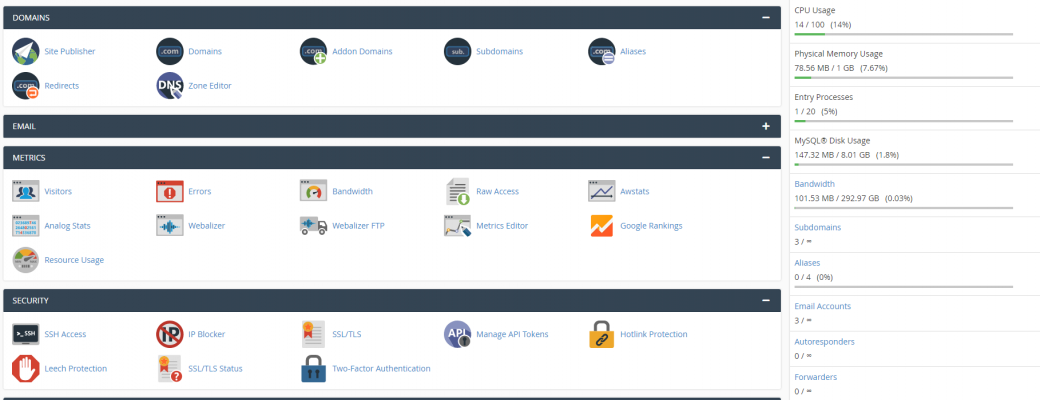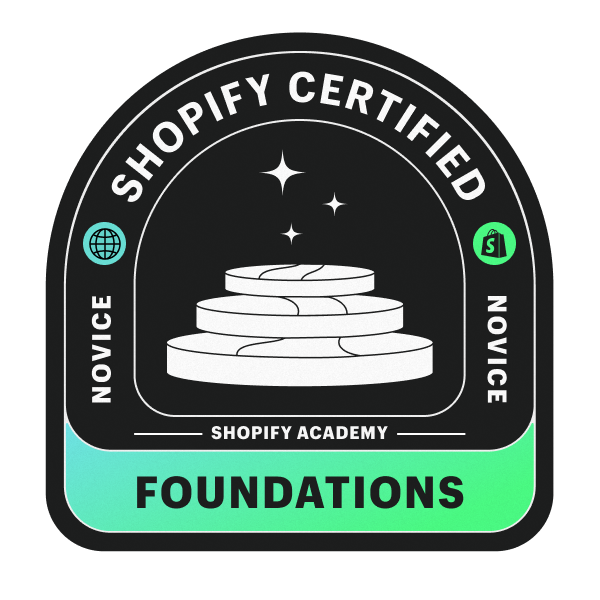If you’ve ever noticed the padlock next to the domain name in your web browser or that the URL starts with HTTPS, you’ve been looking at a website that has an SSL/TLS certificate.
Secure Sockets Layer (SSL) is a method used for securing and encrypting sensitive information like credit cards, passwords and other private information that is sent over the internet. Transport Layer Security (TLS) is SSL’s successor.
You may notice that you seem to only be able to purchase an SSL certificate. What’s important to note is that purchasing the certificate doesn’t determine which protocol will be used. The protocols, the actual actions that take place to encrypt the data being sent, is determined by what your server allows.
As stated on GlobalSign’s article regarding SSL vs TLS ‘While many vendors tend to use the phrase “SSL/TLS Certificate,” it may be more accurate to call them “Certificates for use with SSL and TLS,” since the protocols are determined by your server configuration, not the certificates themselves.’
This means when speaking about purchasing a certificate, SSL and TLS can essentially be used interchangeably, however when talking which protocol is being used to encrypt and send the data, SSL and TLS are significantly different and SSL is essentially a deprecated protocol.
Any website that is collecting any type of personal information from a user, such as an email address or phone number, should have an SSL certificate for their site. Having this certificate allows the website and server to make a secure connection that cannot be intercepted by hackers. This means that your personal information cannot be stolen and used for things it wasn’t intended for.
Types of Certificates
There are a number of different types of certificates you can purchase. The extent to which ownership of the domain name needs to be validated and whether your certificate covers sub-domains or just a single domain, depends on the certificate type you decide to purchase.
Ownership Validation Options
Domain Validation (DV SSL) Certificates
Domain Validation certificates provide the padlock symbol to the left of the URL in the browser and provide low level encryption. It is the quickest from of validation you can get. No identity information needs to be provided for this level of validation, which also means there’s no proof to the customer that who they’re providing the data to is who actually owns the website. However this is a great starting point for SSL and still provides adequate encryption for your standard websites.
Organisation Validation (OV SSL) Certificates
Organisation Validation provides the padlock to the left of the URL, followed by the company’s name. It also ensures that your company and domain are real. They offer mid-level encryption and will require you to verify that you own the domain name and that the organisation is operating legally.
Extended Validation (EV SSL) Certificates
Extended Validation provides the padlock, followed by the company’s name and company’s country. To purchase an EV SSL you must prove that you have authority to own the domain you’re submitting for the certificate.
These certificates are the most expensive type of certificate you can buy and can be purchased by any business. If you have a large business that collects personal data or have an online store, it may be worth looking in to purchasing an EV SSL for your website.
Domain Coverage Types
Single Domain SSL Certificates
Single domain SSL’s protect one domain only and it’s important to note that this doesn’t cover sub-domains, so if you’ve got www.sample.com and test.sample.com, you would need to purchase two separate certificates to cover them.
Wildcard SSL Certificates
Wildcard SSL certificates protect a single domain, but also provide protection for all sub-domains for that domain name. This is the better option if you’ve got multiple sub-domains set up for your website.
Unified Communications (UCC SSL) Certificates
Unified Communication Certificates, also known as multi-domain SSL’s allow multiple domain names to be covered by the one certificate, up to 100 domains. So if you own multiple domain names, you are able to purchase the one certificate and use it across all of your websites.
So if you’re starting out and have a single standard website with a contact form, your best option would be a Single Domain DV SSL. This will provide quick and simple authorisation and encryption and cover your single domain.
If you’re running an online store, you’d be looking at purchasing either an OV or EV certificate. Obviously with SSL/TLS certificates, it will depend on your situation as to what type you purchase, but I’d highly recommend that if you have website, you purchase an SSL/TLS certificate for it. Especially considering it’s been noted that websites with these certificate perform more favourably with google, which means your SEO will improve.
If you need help purchasing or implanting an SSL/TLS certificate on your website, let me know and I’d be more than happy to help you.



